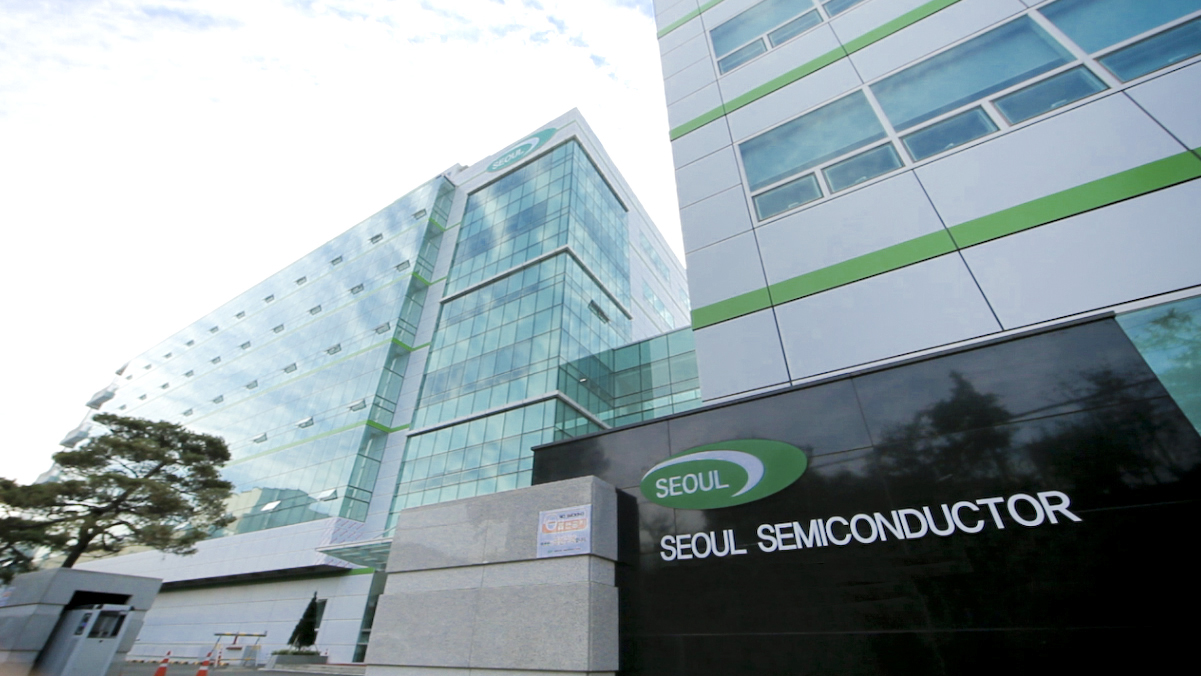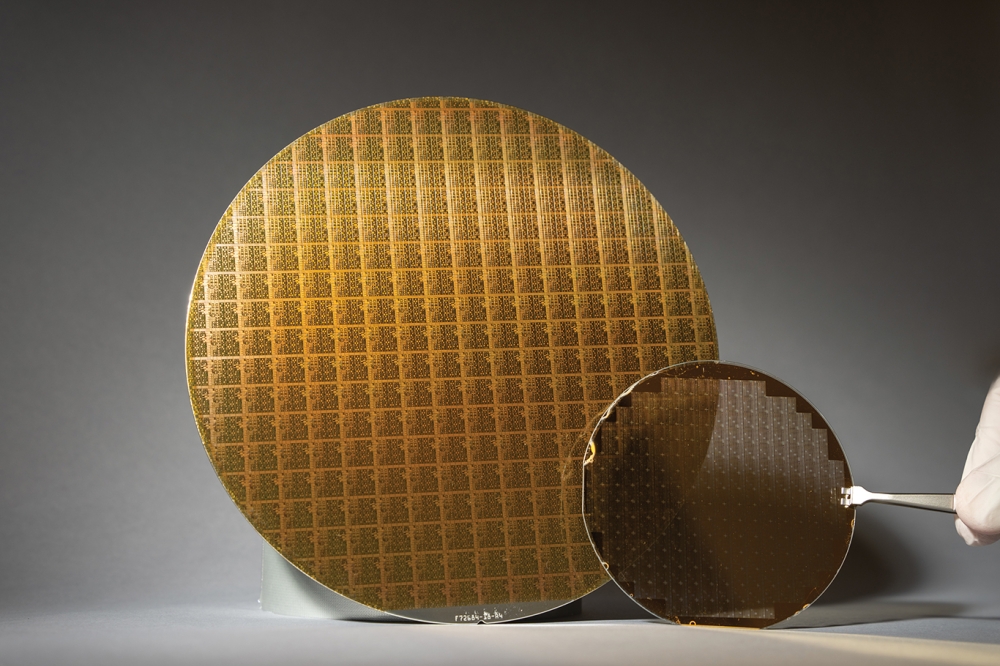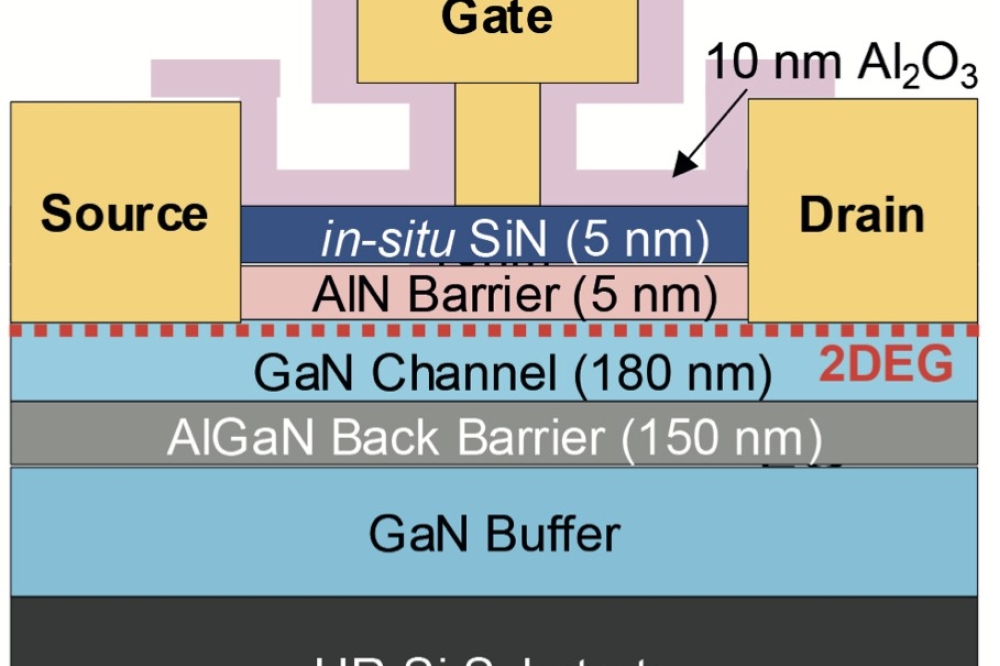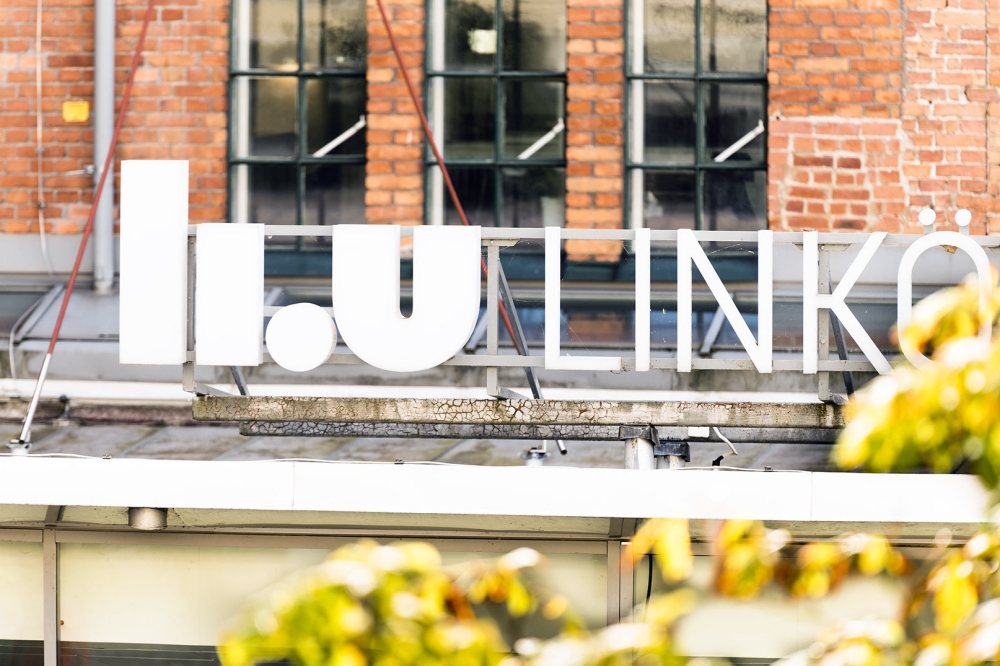Seoul Semi achieves record $1.04 billion revenues

2017 revenues increase 16 percent year-over-year and profits by 71 percent
LED company Seoul Semiconductor has announced 2017 fiscal year consolidated revenues of $1.04 billion and an operating profit of $92 million, an increase in 16 percent and 71 percent year-on-year respectively.
The 16 percent rise in consolidated revenues far exceeds the industry average, which grew 2 percent during the same period, according to the company. The growth of revenue is contributed to improvements in both general lighting sales and IT product related sales growing in the mid-teens as well as the automotive lighting business which grew more than 20 percent.
The rise in revenue for the general lighting segment was largely due to an increase in sales of 220V and 370V Acrich MJT products for household and industrial applications. Other notable revenue increases were reported for WICOP, an innovative product line of package-less LEDs, as well as for the Acrich NanoDriver, which incorporates step drive methods that achieve results greater than those of conventional SMPS technology.
In addition to offering these differentiated technologies, Seoul expects its SunLike natural spectrum LED technology, which may offer health benefits for human eyes, to lead the future of LED lighting and become a large contributor to the future sales and profit for the company.
Researchers who won the Nobel Prize in 2017 were recognised for their new findings of the impact of light on circadian rhythm in humans. This has proven to be an important topic in society and generated great attention for Charles Czeisler, the Harvard professor that has dedicated his research to this particular area. He is now conducting research study with NASA on how light affects the circadian rhythms of astronauts.
According to new research, myopia (near-sightedness) increased from 20 percent in the 1950s to 80 percent in 2010 among populations in Asia. Fluorescent lights and conventional LED light sources emit a strong blue light that is known to cause eye fatigue, which may later result in retinal damage. Seoul Semiconductor, together with Toshiba Materials of Japan, has jointly developed SunLike natural spectrum LED technology, which provides lighting conditions most similar to actual sun light and can be seen as a solution that helps to protect human eyes from this potential damage.
Company outlook
The company provided a revenue guidance of KrW 270 to 290 billion for the first quarter of 2018. This figure is in range of 5 percent to 13 percent on a year-over-year basis. Although first quarter is normally considered to be an off-season, the company is showing a positive outlook for growth from last year for this 2018 fiscal year.
Sangbum Kim, the company's CFO, has stated that fiscal year 2017 sales were a result of the company's relentless efforts to stay ahead of competition by continuously investing in R&D and strengthening global sales organisations. In order to further accelerate revenue growth into the double digit range for 2018, the company plans to further drive sales of differentiated products such as SunLike while also shifting more focus to its rapidly growing automotive lighting business.


































